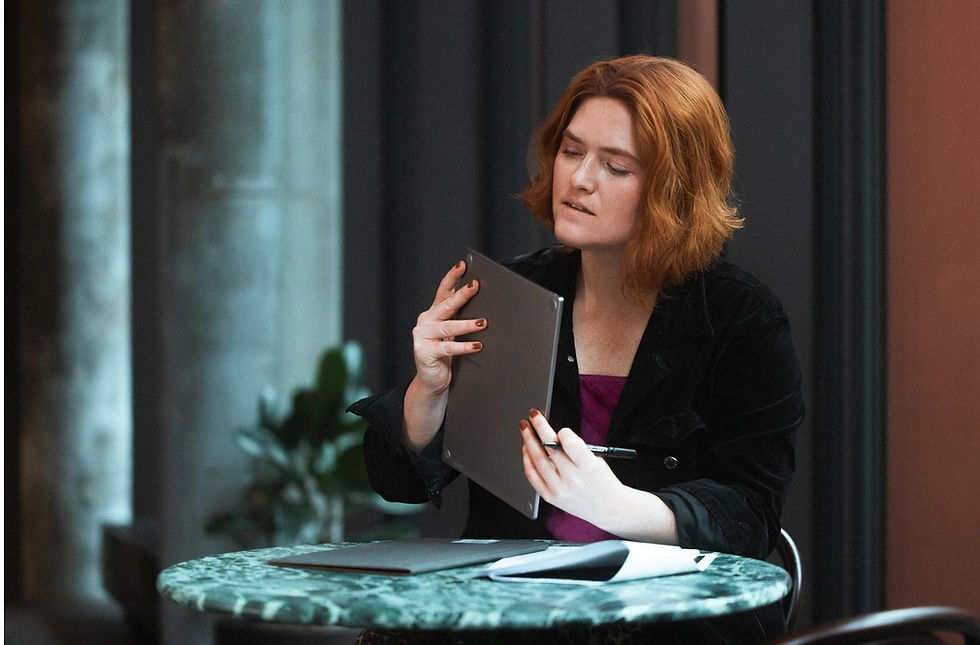Why We Need a Future Where Technology is Calm
- Amber Case
- Jan 9, 2024
- 3 min read
Updated: Mar 27, 2024

The Japanese translation of the book Calm Technology.
Everyday we suffer a physical toll from the stress of poorly designed technology, but it’s difficult for us to pinpoint the problems, let alone gather the collective will to address them on a systemic level.
We have “smart home” devices which are supposed to respond instantly to our voice request, but we often end up having to repeat ourselves multiple times to be understood (by a machine). Other products we do find useful suddenly become useless, simply because the companies behind them have gone out of business, or decided it’s not cost effective to maintain older models. Our WiFi router blinks incessantly, a metronome for chaos, its every light flashing a reminder of technology’s broken pact: rather than liberate time and focus, it fractures both relentlessly.
LLMs and generative AI are sometimes promised as a panaceas for productivity, but all too often, only adds further stresses to our daily activity, requiring us to watch for wayward hallucinations and churn through reams of low quality content.
When we use technology that’s designed to save us time but isn’t harmonious with our environments, any gains in convenience are lost to stress or impatience. We gain informational efficiency, yes, but lose focus amid our daily digital bombardment.
The ancient Greeks had two kinds of words for time: Chronos and Kairos.
Sometimes used to describe time on a schedule, Chronos is the time of work or meetings. Kairos, or human time, is what we expect when we’re enjoying the moment as a thing in itself — alone, or with our friends and family.
We were told that tech would give us more time, but it has given us less. Instead, our “smart” devices are relentlessly taking our personal time away. What’s left of our Kairos is being steadily eaten away by Chronos.
Creating a New Standards Body for a New Era
Much of our modern world was shaped by standards bodies that are largely unknown today. If you look around your house right now, you’ll see legacy technology devices which carry their marks (or historically did):
The Good Housekeeping Seal of Approval, announced in 1909, quickly became the benchmark for household appliances, awarded only to those which met a high standard of performance. The Underwriters Laboratory, launched in 1894, set safety standards for electronic products. Founded at the end of the Victorian era when electricity was still being understood, and dangerous products were flooding the market, these standards bodies helped build the 20th century.
We don’t have anything like these standards bodies for our technology now. But we desperately need them. To protect consumers. And to provide resilient tools for companies to build for the long term. And above all, to set standards to help us reclaim our time.
We can begin building them now. And in the coming weeks, I’m excited to announce a new project that aims to do just that.
If you’re interested, please follow me on Linkedin to get the latest information on this upcoming project. I can’t wait to tell you more about it!
Amber Case is working on a new standards body for Calm Technology, in a project to be announced soon!
mui Lab is a Calm Technology startup from Kyoto, Japan. Specializing in calm smart home interfaces, mui Lab delivers Home Wellness experiences that help connect and foster family moments. mui Lab’s new Matter-enabled smart home controller, mui Board Gen 2, was awarded CES2024 Innovation Award. mui Lab as a member of CSA Matter Alliance.




Comments